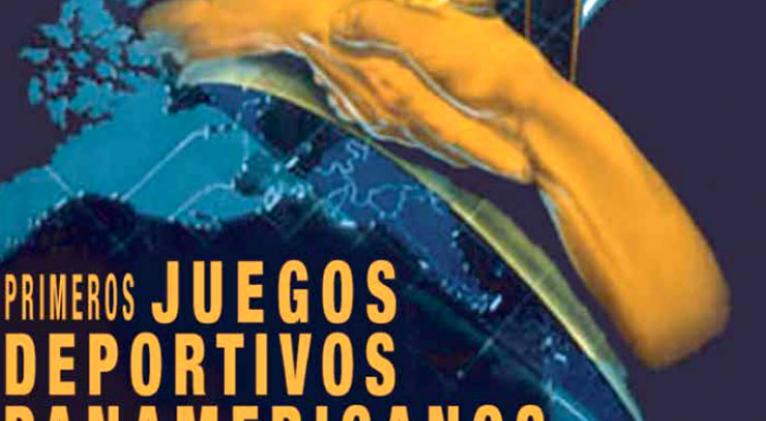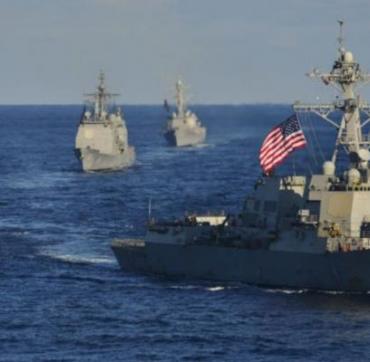The mystery of the second place for the USA team in the I Pan American Games
especiales

If the chill atmosphere of statistics related to the second place achieved by the United States team in the first Pan American Games, held in Buenos Aires 1951, catches you, do not look for a coat: just do diligent research. The U.S. had been the first sports power in the world for quite some time and, nevertheless, Argentina occupied the first place in the final standing with 154: 68-47-39 by 98: 46-33-19. Cuba ranked third 28: 9-9-10, a dignified and heroic performance of our country with so many hurdles against in the economic and social fields, with a negative impact, of course, in the physical culture.
How was it possible such a setback for the U.S. team, especially when the U.S. had maintained its sports leadership in London 1948? Some factors converged in the surprising result. Enrique Montesinos, one of the best Cuban journalists ever, provided his insights in such issue:
"It happens that the Argentines, in addition to benefiting from the advantages of being local, the possibility of competing with full squads in every sports discipline, the convenience of determining the competitive program, had been preparing for such a long-awaited moment for years” —let’s remember they had been chosen to host the Pan American Games since 1942. Then, he adds: "The date of celebration of the Games, summer in the south, also favored the fact that the north was still in winter. In addition, the team of the United States was not so big.”
I add: most of U.S. head coaches, dizzy with self-sufficiency, did not analyze these circumstances, and thought that with second-tier athletes could do the job. In addition to the fact that the event had not gathered momentum in neither athletes nor coaches.
Something similar happened the U.S. delegation to the I Olympic Games in Athens 1896. By then, disorganization, lack of unity, and last-minute scratches abounded the U.S. team. This way, Europeans took advantage of all that with Greece topping the standing. Although it became clear that the Americans were the vanguard of modernity in the field, especially in track and field. They had their ups and downs in these sort of events, but they finally managed to win. Later, with the development of the socialist camp, especially from the Soviet Union, they began to feel stronger opposition: they even fell to third place in Montreal 1976.
But in the Pan American Games, after that setback, they won everything, despite the increasingly powerful awakening of Cuba, moral champion of the event for having much fewer inhabitants, inferior progress in general, hampered by the blockade of the Yankee government as soon as we conquer freedom.
Fidel’s predictions back in 1966 were fulfilled in the Pan American Games hosted by Havana in 1991: "As a consequence of a right conception of sport, of a revolutionary conception of sport, one day we will be Pan-American champions." Cuba led the final standing with 140 gold, 62 silver and 63 bronze; the U.S.: 130, 125 and 97.
Later, tremendous transformations in the sector, so linked to this drifting world, the collapse of the socialist camp -without their support we would not have reached the results we have earned- the increase in the cruelty of the gringo siege and our own mistakes closely related to dogmatism, paired with ignoring the massive sports practice, led to our fall in sports. But that will be the content of other texts that we will write soon.
Now, let’s get back to the first days of the great fest of the region, hurt by another aspect which was not sufficiently taken advantage of by the worst of the U.S. at that time, which weighed on that second place, by not sending the best they had in each discipline: the use of the competition to show off their superiority, make propaganda to their way of life and humiliate underdeveloped countries when the development achieved by the empire exists, to a large extent, at the expense of imposed under-development. Physical culture was also affected.
The essence of the Pan American Games: strengthen the bonds of brotherhood among peoples, was undermined by those evil concepts and its actions, with brutal and mean lords to blame, not the U.S. sports movement. Since the II Pan American Games, held in Mexico 1955, that view was more taken into account.
Translated by Sergio A. Paneque Díaz / CubaSí Translation Staff














Add new comment